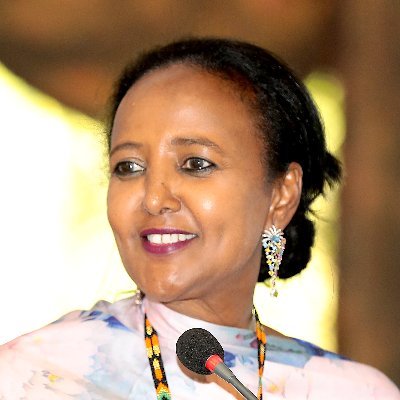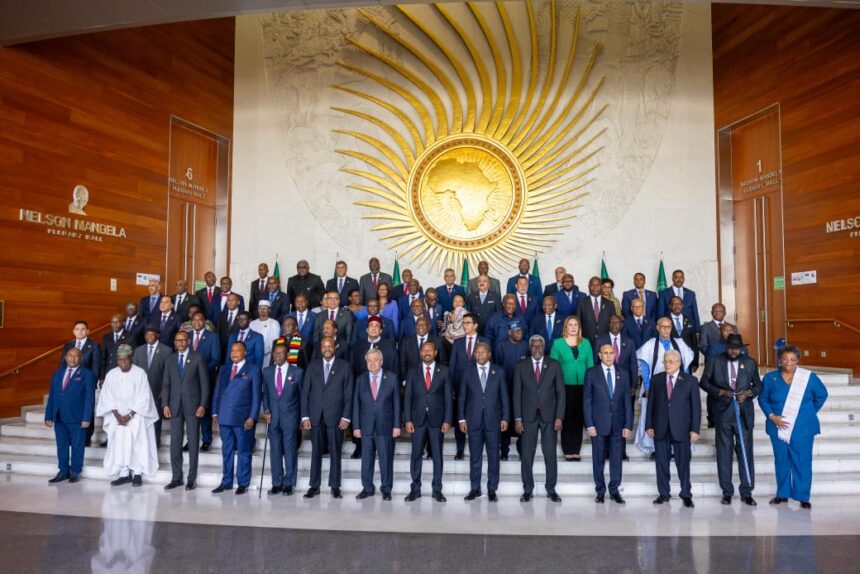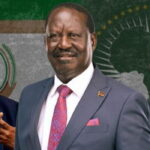The African Union’s election process, designed to ensure fair and transparent leadership transitions, saw intense competition as Mahamoud Ali Youssouf triumphed over Raila Odinga.
The African Union’s election process is governed by a series of rounds designed to ensure that no candidate can claim the top position without broad support across the continent. Each round’s results are crucial, and this particular race saw Kenya’s Raila Odinga make a valiant attempt before being eliminated in the final stages.
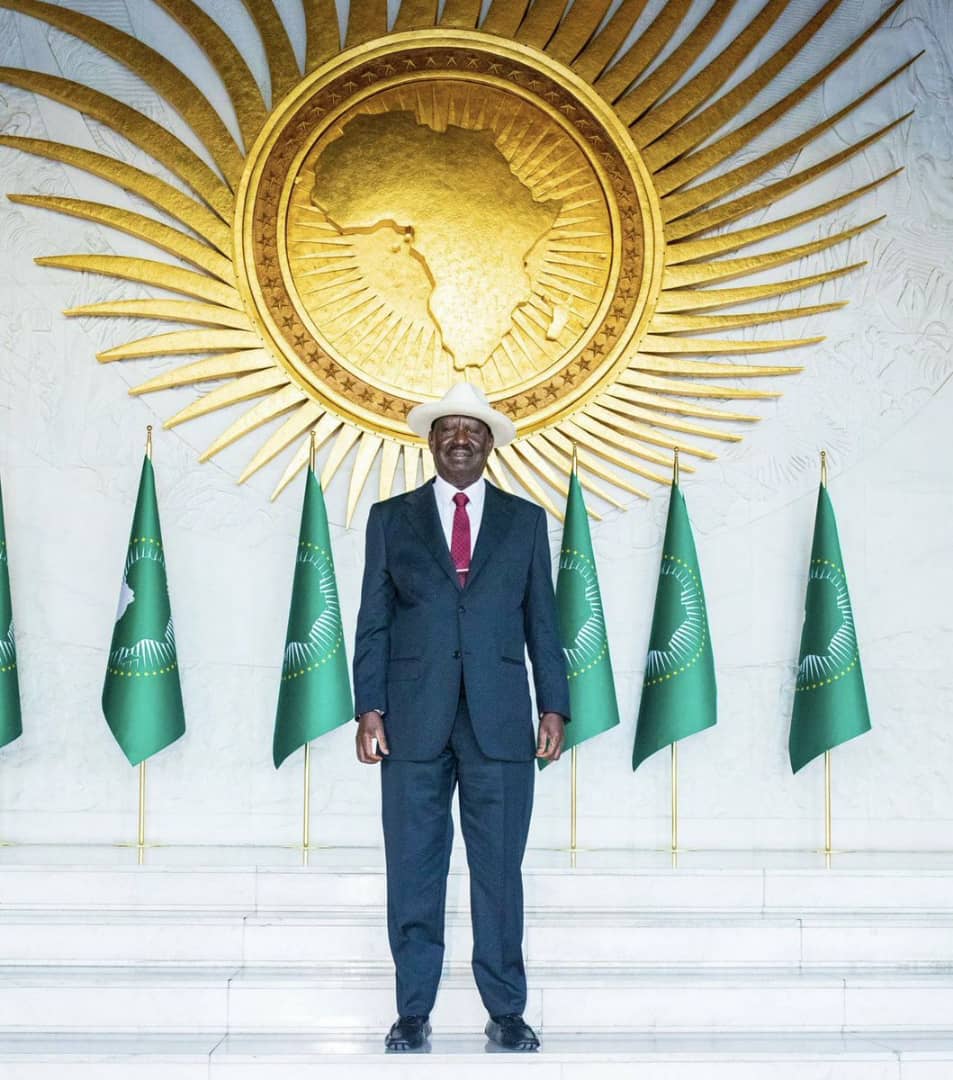
Here’s how the election went down, and what made it so difficult for Raila to secure the leadership of the AU.
The process started with a robust field of candidates, each vying to become the next Chairperson of the African Union Commission. In Round 1, candidates earn votes based on diplomatic negotiations and support from member states. In a race that was divided and uncertain from the start, Raila Odinga initially led in the earlier rounds. However, as each round progressed, it became clear that Mahamoud Ali Youssouf was gaining significant ground.
In Round 3, Raila fell to second place with just 20 votes, while Youssouf secured 23. Richard Randriamandrato dropped out, receiving only 5 votes. As per AU rules, the candidate with fewer votes is eliminated, and the remaining contenders continue.
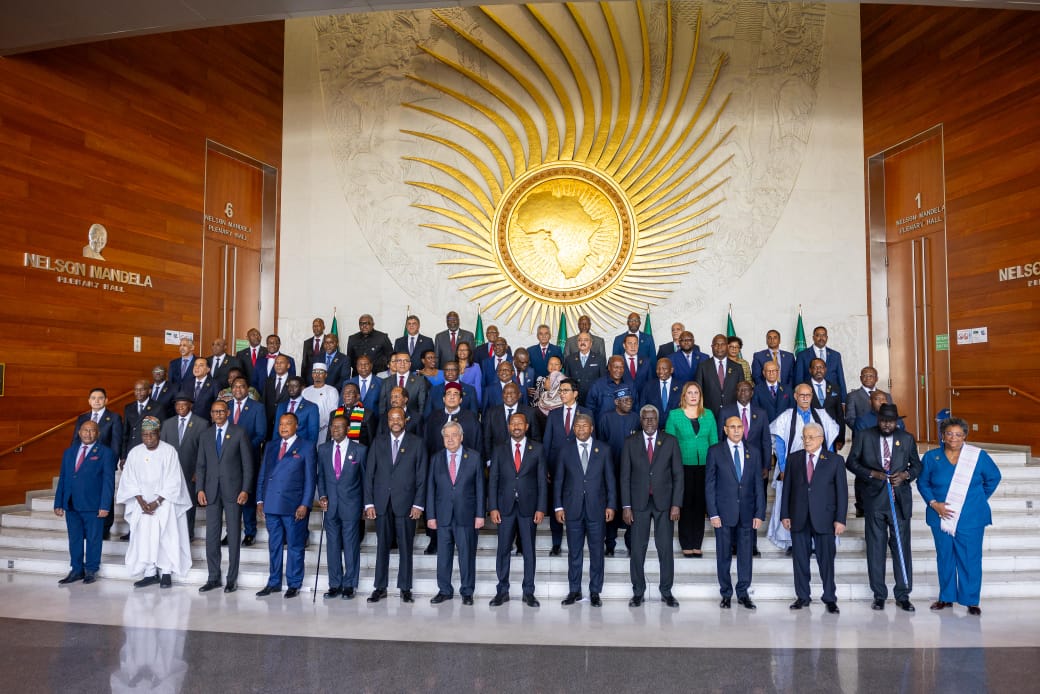
By Round 4, Youssouf’s advantage grew as he garnered 25 votes, while Raila could only muster 21. A spoilt vote and two abstentions reflected some uncertainty in the process, yet the momentum remained with Youssouf. The elimination of other candidates, though, made it even more apparent that Raila’s path to victory would be narrow.
Round 5 brought hope for Raila, with him securing 21 votes, but Youssouf increased his tally to 26 votes. No spoilt votes were reported, yet the continued abstention from a portion of voters pointed to deeper divisions. Despite Raila’s efforts to rally support, the writing was on the wall.
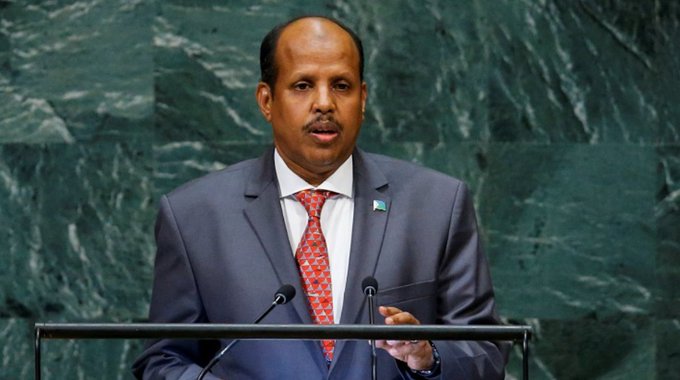
In Round 6, Youssouf reached 26 votes once again, while Raila earned 22 votes. This was the final blow for Raila’s bid. Under the AU’s election rules, when no candidate achieves the majority required for a win, the candidate with the fewer votes is automatically eliminated from the race. With Raila’s exit, Youssouf was declared the winner and moves forward to represent the continent.
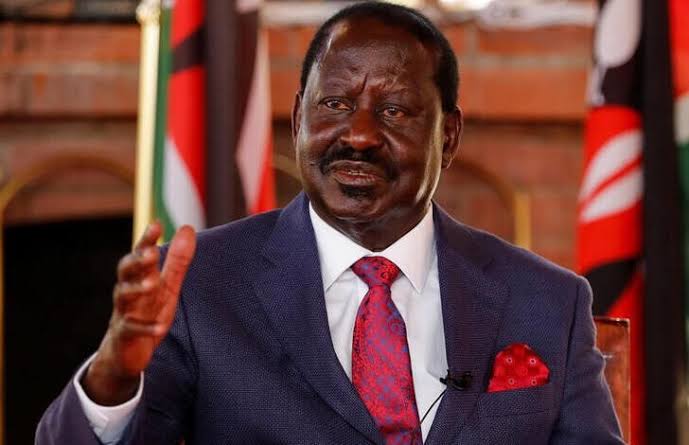
This election process has long been a cornerstone of the African Union’s commitment to democratic principles, emphasizing consensus and regional alliances. The rounds are structured to eliminate weak contenders, making way for stronger, more widely supported candidates.
For Kenya, the failure to secure enough support within the East African Community and across the continent highlights the challenges of AU elections, where political alliances and strategic diplomacy often decide the outcome.
Kenya’s bid for the AU chair ended once more in disappointment, echoing the struggles from 2017 when Amina Mohamed also fell short after a similarly competitive race.Amina Mohamed
